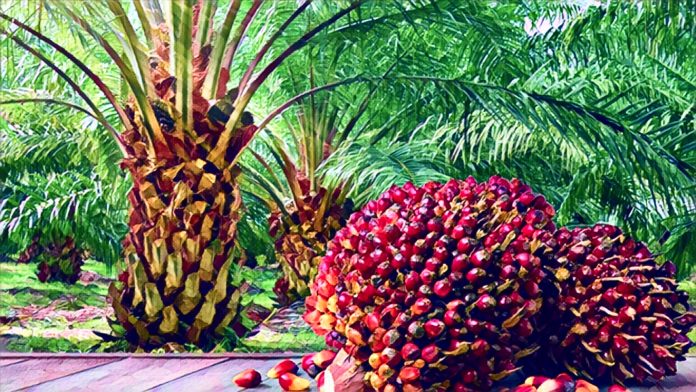Key Points
-
Nigeria’s palm oil market remains a multi-billion-dollar opportunity.
-
Local producers and investors are central to Nigeria’s self-sufficiency push.
-
Technology and agritech are transforming how Nigeria’s palm oil is produced.
Once upon a time, palm oil was Nigeria’s pride — in the 1960s and 1970s the country accounted for roughly 40 percent of global palm oil exports. After decades of under-investment and neglect, the world’s most populous African country is now trying to rebuild its “red gold” legacy. Recent industry estimates put the domestic market value in the billions of dollars, though precise size is hard to pin down.
Nigeria’s palm oil production in 2024 was estimated at around 1.5 million metric tonnes, while consumption rose to roughly 2.0 million metric tonnes — leaving a sizeable supply gap. That gap has forced the country to rely on imports of crude palm oil and fractions, even though Nigeria has millions of hectares suitable for oil-palm cultivation. The investment community and state governments alike are taking notice.
Local producers are driving the self-sufficiency push
In Nigeria’s oil-palm heartland — especially in states like Edo, Ondo and Cross River — major corporate players and large estates are increasing capacity. Two of the better-known firms, Okomu Oil Palm Company Plc and Presco Plc (both headquartered in Edo State), dominate Nigeria’s organised sector and have posted strong financial results in recent years.
At the same time, state-government programmes are trying to attract private investment into oil-palm plantation clusters and out-grower schemes. The logic: ramp up domestic production, reduce dependence on imports and capture more value locally. Edo State’s government-backed Oil Palm Programme, worth over $500 million in private investments, has brought in firms like Dufil Prima and Nosak Group, while Cross River and Akwa Ibom are expanding plantation coverage.
Innovation, investment and younger farmers step in
The revival isn’t just about land and trees; technology and new business models are also playing a role. Smallholders and agritech start-ups are piloting drone-based mapping, improved seedlings and mechanised processing to boost yields. The oil-palm industry in Nigeria is starting to modernise. The country will benefit from higher global crude palm oil (CPO) prices and higher domestic demand, but only if production and processing increase.
New agripreneurs like RedGold Agro in Akwa Ibom are packaging and shipping palm oil products instead of just selling fresh fruit bunches. This move towards adding value makes it easier to make money and create more jobs. Analysts in the field say that younger Nigerians are starting to see agribusiness as a chance to make money and learn new skills.
There are still big problems ahead
Even though things are moving in the right direction, Nigeria’s path to self-sufficiency is not set in stone. Many plantations are getting older, yields per hectare are still low compared to the best in the world, and land-rights disputes are still going on in southern states. Smuggling palm oil products across the border into the Benin Republic is still a problem that isn’t well known.
Analysts say that the goal of closing the gap by 2028 may not happen if the industry doesn’t get easier access to credit, better machines, and more consistent policy enforcement. The industry is still vulnerable to changes in exchange rates, high power costs, and problems with infrastructure.
The story isn’t just about making money as Nigeria tries to get back into the global palm-oil value chain. It’s about creating jobs in rural areas, building up the value chain, and making a bigger shift from relying on resources to making agriculture more resilient. The ride back to the top is on for a country that used to be the world’s biggest exporter of palm oil, but the finish line is still a long way off.



